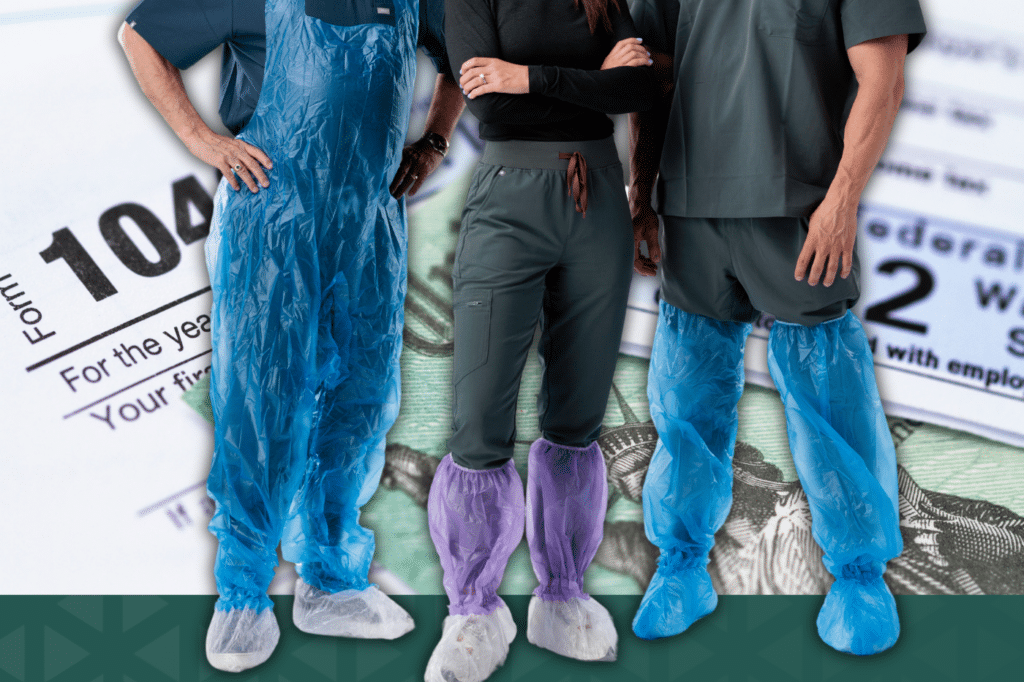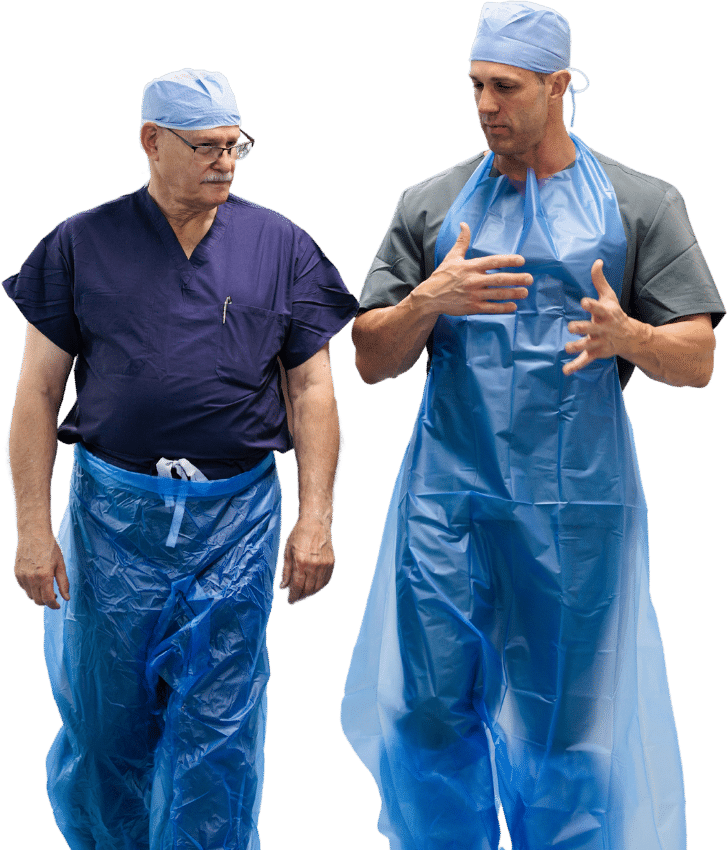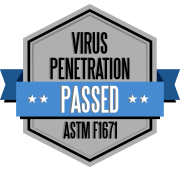Did you know that your hospital, surgical center, or medical clinic may be able to write off your purchases of Personal Protective Equipment (PPE)? The potential for tax savings from these essential purchases can provide financial relief to healthcare facilities, especially during these challenging times.
By understanding the tax regulations and consulting with tax professionals, healthcare providers can ensure that they are maximizing their deductions and minimizing their tax burdens. This not only benefits the financial health of hospitals, surgical centers, and medical clinics but also supports their ability to provide quality care to patients.
Yes, the IRS Says PPE Your Expenses Are Likely Tax Deductible
For tax year 2023, the IRS has renewed its stance on the deductibility of Personal Protective Equipment (PPE) and disposable medical apparel for many industries on their federal tax returns.
By allowing taxpayers to deduct these expenses, the IRS aims to provide some relief and support during a challenging tax year. It is important to note that specific requirements and limitations may apply, and individuals should consult with a tax professional or refer to the IRS guidelines for more detailed information.
Taking advantage of this tax deduction opportunity can potentially help offset the costs of PPE and disposable medical apparel, providing financial relief for individuals and businesses alike.
Who Can Deduct PPE and Disposable Protective Clothing?
Businesses that are eligible to deduct the cost of Personal Protective Equipment (PPE) from their taxes include hospitals and health systems. This deduction is beneficial for businesses in the healthcare industry that require substantial investment in PPE to ensure the safety of their employees and patients.
Additionally, certain eligible educators and individuals can also write off their PPE purchases in a number of situations, especially where these purchases were related to containing the spread of COVID-19.
For hospitals, healthcare facilities, health systems, and surgical centers, your PPE costs naturally fall under the concept of “qualified business expenses.”
What the IRS Says About Qualified Business Expenses
Qualified Business Expenses, as defined by the IRS, are those “ordinary and necessary expenses incurred in carrying out a trade or business.” These expenses are deductible and can help reduce the taxable income of a business. To qualify, the expenses should be directly related to the business activities and should be expenses that are commonly accepted in the industry.
Some common examples of qualified business expenses include:
– Salaries and wages paid to employees
– Rent or lease payments for business premises
– Utilities such as electricity and water
– Office supplies and equipment
– Advertising and marketing expenses
– Professional fees for services such as legal or accounting
– Travel and entertainment expenses related to business purposes
– Insurance premiums
– Cost of goods sold
PPE Purchases are Ordinary and Necessary Business Expenses
When it comes to determining what qualifies as an ordinary and necessary business expense, the IRS provides guidelines that businesses must follow for their federal tax return. For surgical centers, hospitals, and healthcare facilities, it’s universally understood that Personal Protective Equipment (PPE) and disposable protective clothing are industry standards. As such, these costs are considered ordinary and necessary expenses for these businesses.
PPE, such as masks, gloves, gowns, and face shields, are critical in preventing the spread of infections and protecting both healthcare workers and patients. As a result, the IRS recognizes that these expenses are an integral part of the daily operations of healthcare facilities and should be treated as ordinary and necessary business expenses.
For business owners in the healthcare industry, it is essential to properly document and classify PPE and disposable protective equipment expenses to ensure compliance with IRS regulations. By doing so, businesses can claim these costs as legitimate business expenses, reducing their taxable income and potentially lowering their overall tax liabilities.
How Does Sales Tax Affect My Write-Off?
The treatment of sales tax on your federal tax return may vary depending on your specific jurisdiction’s rules and regulations. Some states may exempt sales tax on PPE purchases, while others may require the tax to be paid.
If your business is located in a state that requires sales tax on PPE, you may be able to deduct the sales tax paid as a business expense when calculating your taxable income.
Keep accurate records of actual expenses. It’s crucial to maintain proper records of PPE purchases, including the amount of sales tax paid. These records will help you accurately report your expenses and claim deductions, if applicable.
Was Sales Tax Included in the Cost of My PPE Purchase?
Here are a few simple steps to help you determine if sales tax has been incorporated into the cost of your PPE:
1. Review the receipt: The most straightforward way to identify if sales tax has been added is by checking your purchase receipt. Sales tax is typically itemized separately, indicating the additional amount you have paid.
2. Research local sales tax rates: Take a moment to familiarize yourself with the local sales tax rates applicable in your area. This information can be found on government websites or by contacting your state’s tax agency. By knowing the tax rate, you can easily calculate whether the amount indicated on your receipt aligns with the appropriate sales tax percentage.
3. Inquire with the vendor: If you are uncertain about the inclusion of sales tax, it is advisable to reach out to the vendor. They should be able to provide clarity regarding tax inclusion and breakdown.
Remember, understanding whether sales tax is included in your PPE purchases helps you make informed decisions when budgeting and determining your overall expenses.
All About IRS Publication 502, Medical and Dental Expenses
Publication 502 for the year 2023, released by the Internal Revenue Service (IRS), provides important information regarding the tax implications of medical and dental expenses. This publication serves as a guide for taxpayers and businesses to understand what types of medical and dental expenses may be eligible for deductions on their federal income tax returns.
The publication offers comprehensive explanations and examples of eligible expenses, including but not limited to prescription medications, doctor visits, hospital services, and dental treatments. It also covers expenses related to equipment such as wheelchairs or home improvements for medical purposes. Additionally, Publication 502 highlights the importance of keeping accurate records and receipts to substantiate these expenses.
Ordinary & Normal Business Expenses to Include on Your Healthcare Facility’s Taxes
As a healthcare company, it’s important to understand what expenses you can deduct from your taxes this year. Here are some qualified expenses that you can include:
1. Employee wages and benefits: You can deduct the salaries, wages, and benefits you pay to your employees, including health insurance premiums. This includes not only doctors and nurses but also administrative staff.
2. Medical supplies and equipment: Expenses related to medical supplies and equipment, such as masks, gloves, syringes, and medical devices, can be considered deductible. This also includes the cost of upgrading or purchasing new equipment for your healthcare facility.
3. Rent and utilities: If you rent a facility or office space, you can deduct the rent payments as well as utility bills, such as electricity and water. This is applicable whether you own or lease the building, and includes maintenance expenses.
4. Professional fees: Fees paid to consultants, accountants, lawyers, or other professionals who provide services to your healthcare company can be deducted. This includes fees for financial advice, legal assistance, or any other professional guidance needed for your business.
5. Advertising and marketing expenses: Any expenses incurred for advertising and marketing your healthcare services can be included as deductions, such as website development costs, advertising campaigns, or printing materials.
6. Training and education: Costs associated with training your employees or attending educational conferences and workshops can be considered deductible. This includes registration fees, travel expenses, and accommodation costs.
Of course, this may not be a complete list for your unique tax situation, and personal expenses should likely be left out. It’s always a good idea to consult with a tax professional to ensure you are maximizing your deductions and complying with all tax regulations.
Don’t Forget Capital Expenses
Capital expenses in healthcare refer to the costs incurred by hospitals, clinics, and surgical centers for acquiring, upgrading, or improving assets that have long-term value. It is crucial to understand how to address these expenses on tax returns to ensure compliance with regulations and maximize potential benefits.
When it comes to capital expenses in the healthcare industry, common purchases include medical equipment such as MRI machines, surgical instruments, and patient monitoring systems. Additionally, construction or renovation costs related to expanding facilities or upgrading infrastructure are also considered capital expenses.
To address capital expenses on tax returns, it is important to properly categorize and depreciate these assets over their useful lives. This can provide businesses with tax deductions over time, allowing for the recovery of the initial costs.
Consult with a tax professional or accountant specialized in healthcare to ensure accurate reporting and compliance with tax laws.
Sloan Medical is Here to Help
The staff at Sloan Medical can help you access your order history, receipts, and other documents you may need for your tax preparations. As a healthcare business ourselves, we understand the importance of having accurate and accessible records for tax-related purposes,
To contact Sloan Medical for assistance, reach out in the way that works for you:
1. By phone: (800) 782-3742
2. By email: info@sloanmedical.com
3. By fax: (888) 323-8565
4. Meet with Us: Book a Convenient Time
At Sloan Medical, we take pride in providing the highest quality products, backed by excellent customer service to ensure that your staff stays safe & dry, and your business stays protected, too!
